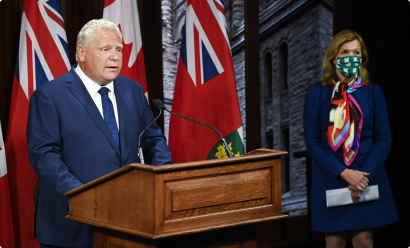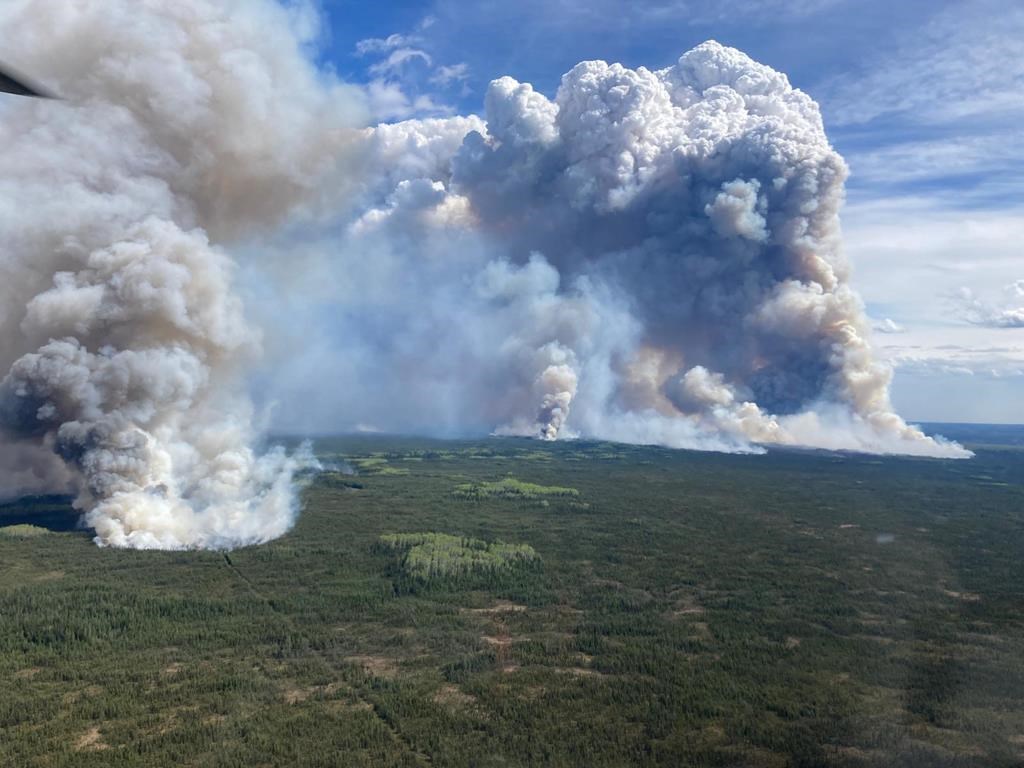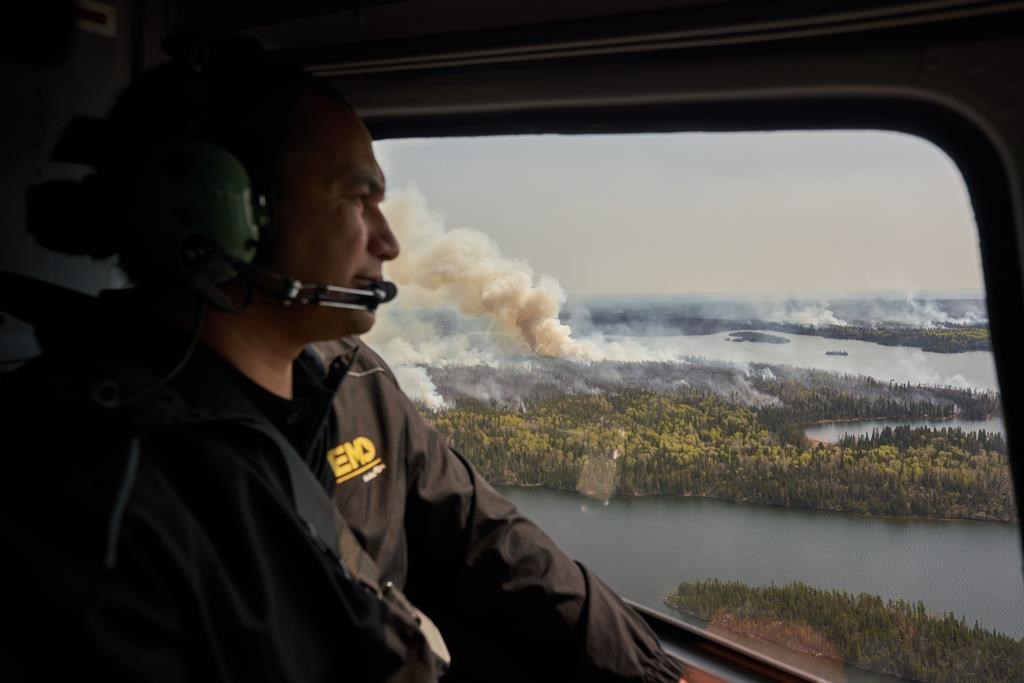
A recent study by the Canadian Mental Health Association (CMAH) suggests that 1 in 10 Canadians have contemplated suicide since the onset of the Covid-19 pandemic. And with the holidays around the corner, pandemic loneliness is also weighing on people’s mental health.
There is a heightened sense of stress and anxiety, causing people to look out for unhealthy coping strategies and a need to self-harm, said Emily Jenkins, the lead researcher on the study. Jenkins told OMNI Television that these findings are quite worrisome.
“The mental health impacts are persisting and becoming more common in our population,” Jenkins said.
“About 40 per cent of Canadians now are reporting a deterioration in their mental health, which is slightly higher than the results in May.”
Contracting COVID-19, concerns of losing a close family member and one’s financial situation are some of the main stressors behind feelings of hopelessness, depression, and anxiety. According to the study, around 54 per cent of all Canadians feel isolated as pandemic restrictions keep them separated from their social circle causing direct implication on mental health.
“People have indicated that they’re very concerned about the virus itself, there’s a lot of fear there, that drives these emotional and mental health challenges,” Jenkins said.
The study also points out that people between the ages of 18 and 24 have experienced a significant deterioration in mental health due to the pandemic. Three in five respondents within this age group said their mental health has deteriorated since the beginning of the pandemic.
“One of the reasons why we think this is happening is because these people are at a point in their life when they’re just starting off in their educational and career trajectories,” Jenkins said.
“Having more insecure employment opportunities right now, puts them(youth) at a greater risk.”
The research also suggests that people are getting outdoors, exercising and connecting with their social circle virtually, while many are still relying on unhealthy strategies like substance abuse and prescription drugs to help them cope through these unprecedented times.
Of the Canadians surveyed, 17 per cent reported increasing their use of substances “as a way to cope,” and 20 per cent increased their alcohol use. Use of cannabis and prescription medication went up by 9 per cent and 7 per cent, respectively.

“People aren’t really utilizing the online mental heath services set up by the federal and provincial governments,” Jenkins added.
Jenkins suggests staying busy, exercising and making an effort to connect with people through non-physical means may help to fight off these negative feelings.
“Make sure that there’s opportunities to connect with other people if it doesn’t happen naturally within your daily life. Lots of us are working from home, so we need to build in those opportunities for connection,” Jenkins said.
Online websites funded by the federal and provincial governments offer support for mental health, and the Canadian Mental Health Association’s free training and coaching program is designed to help individuals develop emotional resiliency.





















